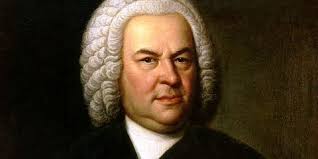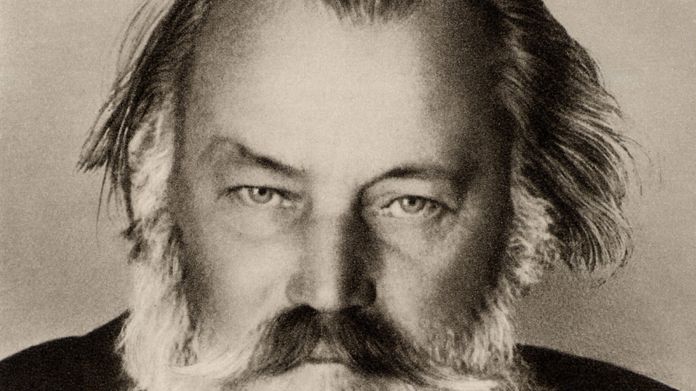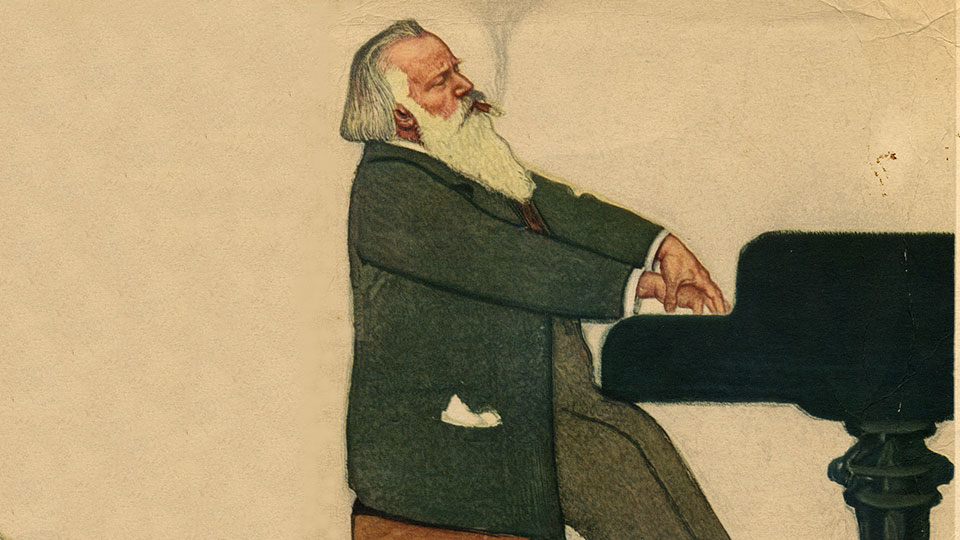
Bach – Six Suites for Solo Cello
Johann Sebastian Bach’s Six Suites for Solo Cello (BWV 1007–1012) stand among the most iconic and enduring works in the entire cello repertoire. Composed during[…]

Bach – Toccata and Fugue in D minor
Among the most iconic and instantly recognizable pieces of classical music ever composed, Toccata and Fugue in D minor, BWV 565, by Johann Sebastian Bach,[…]

Bach – St Matthew Passion
Among the towering masterpieces of Western classical music, few works have achieved the spiritual and artistic magnitude of Johann Sebastian Bach’s St Matthew Passion (Matthäus-Passion,[…]

Bach – The Well-Tempered Clavier
Johann Sebastian Bach’s The Well-Tempered Clavier (Das Wohltemperierte Klavier) stands as one of the most monumental works in the history of Western classical music. Composed[…]

Bach – Concerto for Two Violins in D minor
The Concerto for Two Violins in D minor, BWV 1043, also known as the “Double Violin Concerto”, is one of the most celebrated and enduring[…]

Bach – The Goldberg Variations
Among the towering works of the keyboard repertoire, few have captivated audiences and musicians alike as profoundly as The Goldberg Variations, BWV 988, by Johann[…]

Bach – The Brandenburg Concertos
The Brandenburg Concertos by Johann Sebastian Bach stand among the crowning achievements of Baroque music. Composed in the early 18th century, these six concertos display[…]

Brahms – Symphony No. 3
Johannes Brahms’ Symphony No. 3 in F major, Op. 90 is a towering achievement of 19th-century music—introspective, lyrical, and deeply personal. Composed in the summer[…]

Brahms – Piano Quintet
Johannes Brahms’ Piano Quintet in F Minor, Op. 34 stands as one of the most powerful and dramatic works in the chamber music repertoire. Composed[…]

Brahms – Piano Concerto No. 1
Johannes Brahms’s Piano Concerto No. 1 in D minor, Op. 15, is a towering masterpiece that showcases not only the composer’s early genius but also[…]